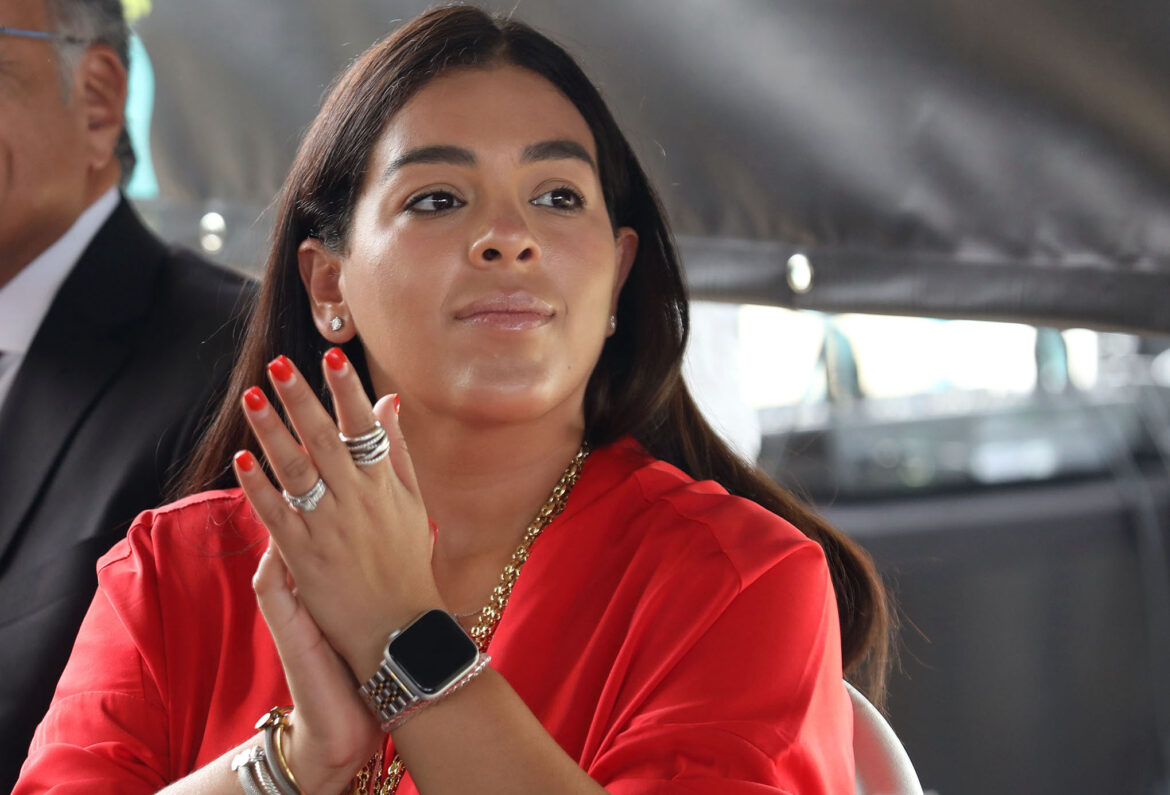San Juan – The Center for Investigative Journalism (CPI, in Spanish) filed a lawsuit Wednesday against Department of Natural and Environmental Resources (DRNA, in Spanish) Secretary Anaís Rodríguez Vega, to make her comply with her duty to provide public information on files related to three environmental complaints.
The petition for mandamus was presented at the San Juan Superior Court after seven months of efforts to examine the complete files of the complaints and environmental cases against Ochoa Fertilizer in Guánica, PROTECO in Peñuelas, and Battery Recycling in Arecibo.
Since January 2023, journalist Gabriela Carrasquillo, a CPI Journalism Training Institute scholarship recipient, asked Rodríguez Vega for access to the public information included in three files on the operation, intervention, and monitoring carried out by the agency and the Environmental Quality Board in three facilities in different towns. The DRNA has not fulfilled its duty to provide the information despite the ongoing efforts to obtain it.
In May of this year, the DRNA only allowed access to one of the requested files. The CPI’s editorial director, Wilma Maldonado, went to the DRNA building with Carrasquillo to examine the documents to speed up the investigative work even though the agency’s duty was to provide a copy of the file. After an intervention by the Interamerican University Law School’s Legal Aid Clinic, the agency provided some limited documents that were not the full content of the other two files requested from the agency.
“The DRNA has not given any reason to justify its refusal to provide the requested public information, violating the constitutional right of access to information of the petitioning party,” states the petition for mandamus filed.
“The information requested by CPI journalists is public information, to which anyone can have access or get a copy if they request it,” said Carla Minet, executive director of the CPI. “We believe that the two documents sent by email on June 2 regarding Ochoa Fertilizer and an in-person examination of Battery Recycling and PROTECO files do not constitute all of the public documents.”
The three companies in controversy were designated by the EPA decades ago as Superfund sites, under the federal law known as the Comprehensive Environmental Response Compensation and Liability Act. According to the EPA, the Superfund program “is responsible for cleaning up some of the most contaminated lands of the nation and responding to environmental emergencies, oil spills, and natural disasters. To protect public health and the environment, the Superfund program focuses on making a visible and lasting difference in communities, ensuring that people can live and work in healthy, vibrant places.”
“Based on the examination of the files related to the other two companies, as well as their general knowledge about the environmental issue and the work that is carried out in Puerto Rico and abroad in relation to the sites designated by the Superfund program, the CPI journalists are certain that not everything has been delivered,” the mandamus petition states.
On August 3, 2023, Atty. Judith Berkan, also from the Legal Clinic, wrote a letter reviewing the history of the application and the need to access all the documents, both electronically and in person. On August 7, Seijo [Press Officer] for the first time, responded that requests for information should be channeled through the agency’s Information Officer, with which Berkan complied on August 9 by writing to the two information officers, Milagros Navón Rivera, and Atty. Samuel Acosta Camacho, without her having received a response until today.
This is not the first time that the CPI must go to Court so that the DRNA can fulfill its duty to deliver information of high public interest.



